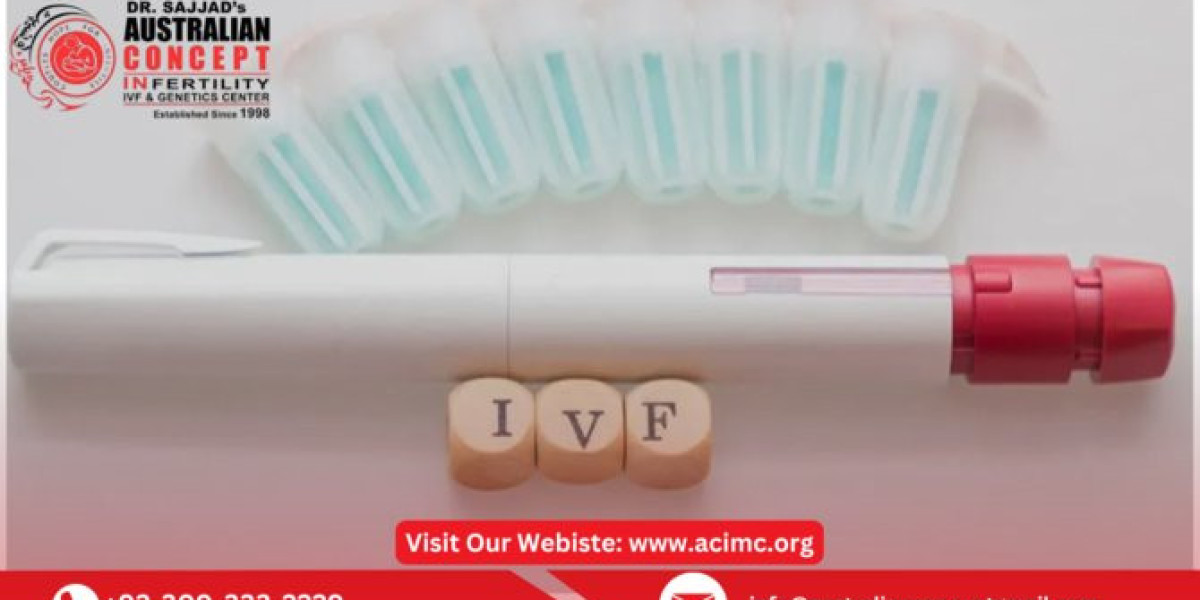Introduction
In-vitro fertilization (IVF) has brought hope to millions of couples facing infertility. Understanding the potential impacts on your physical, emotional, and reproductive health is essential before beginning your fertility journey.
1. Physical Side Effects – What Happens After IVF?
Most side effects of IVF are short-term, like bloating, cramping, and mild discomfort. However, a few long-term physical issues have been studied:
a) Ovarian Hyperstimulation Syndrome (OHSS)
While OHSS typically occurs during or shortly after ovarian stimulation, rare severe cases can have lingering symptoms. With modern protocols and close monitoring, the chances of severe OHSS are extremely low.
b) Impact on Ovarian Reserve
Repeated IVF cycles may slightly reduce a woman's ovarian reserve (the number of remaining eggs). However, most women undergoing IVF are already in a phase of reduced fertility, so the difference is often negligible.
c) Risk of Cancer
Numerous studies have explored the link between IVF and ovarian or breast cancer. While earlier research raised concerns, more recent and comprehensive studies show no strong evidence that IVF significantly increases long-term cancer risk.
2. Emotional and Mental Health Effects
Infertility treatment, especially IVF, can be emotionally draining. Stress, anxiety, and depression may intensify with each cycle, especially if results are not immediately successful.
a) Emotional Stress During and After IVF
Hormonal medications, anticipation, and financial pressure contribute to high stress levels. Women often report emotional exhaustion after multiple failed cycles.
b) Mental Health in the Long Term
Even after a successful IVF journey, some parents may experience lingering anxiety related to pregnancy outcomes or parenting challenges. Similarly, those who don’t achieve success might face unresolved grief or depression.
Support Tip:
Mental health counseling and infertility support groups can help reduce long-term emotional strain associated with IVF.
3. Risks During Pregnancy After IVF
IVF pregnancies are generally healthy, but certain complications may be slightly more common compared to natural conception.
a) Higher Risk of Multiple Pregnancies
If multiple embryos are transferred, the risk of twins or triplets increases. This may lead to complications like premature birth or low birth weight. However, with advancements like single embryo transfer (SET), this risk is now more controlled.
b) Pregnancy Complications
Some IVF pregnancies have a slightly increased risk of gestational diabetes, hypertension, and placental issues. Most of these are manageable with early diagnosis and medical care.
4. Long-Term Health of IVF Babies
One common concern is whether children born through IVF may experience long-term health issues.
a) Growth and Development
Research shows that most IVF babies grow and develop normally. Long-term health outcomes, including cognitive development, are similar to children conceived naturally.
b) Birth Defects
There is a slightly higher risk of birth defects in IVF babies, but the increase is minimal. Factors like parental age and underlying infertility issues may play a larger role than the IVF procedure itself.
5. Fertility and Hormonal Balance in the Future
For some women, IVF may affect their future fertility potential, especially if they undergo multiple cycles.
Menstrual irregularities are rare but can occur temporarily due to hormone medications.
Early menopause is not conclusively linked to IVF, but women with reduced ovarian reserve may experience it sooner regardless of IVF.
6. Financial and Lifestyle Impact
IVF can take a toll on a couple’s financial situation. The cost of one cycle in Pakistan ranges widely, and success is not guaranteed in the first attempt.
a) Financial Stress
Paying for multiple cycles, medications, and tests can impact long-term financial stability. It's important to plan ahead, discuss costs transparently with your clinic, and inquire about packages or installment options.
b) Career and Lifestyle Delays
Many women delay career goals or social activities due to the time and emotional investment IVF demands. This can have long-term implications on overall life satisfaction and mental well-being.
7. Minimizing Long-Term Risks
While some risks exist, the good news is that most long-term side effects are rare or manageable. You can reduce risks by:
Choosing an experienced and ethical fertility clinic
Following your doctor’s instructions strictly
Opting for single embryo transfer where recommended
Seeking psychological support throughout treatment
Maintaining a healthy lifestyle
Conclusion:
While IVF is generally safe, it's important to be aware of the possible physical, emotional, and financial effects that may extend beyond the treatment period. Thankfully, serious complications are rare, and most people go on to lead healthy, fulfilling lives—whether or not IVF leads to pregnancy.
By staying informed and working with a trusted fertility clinic, you can navigate your IVF journey with greater confidence, safety, and peace of mind.







